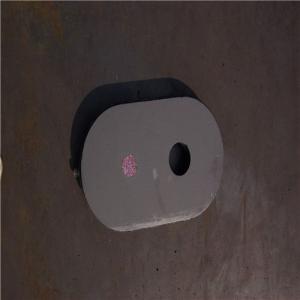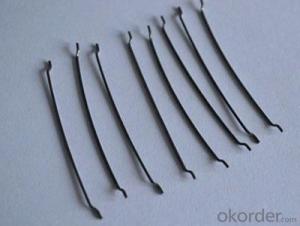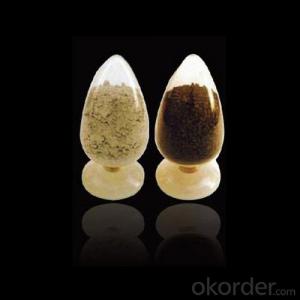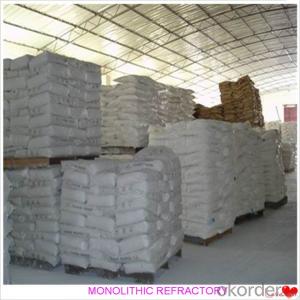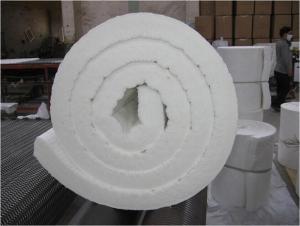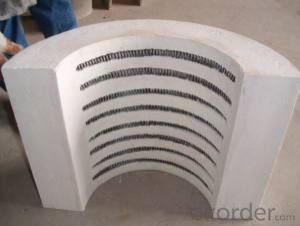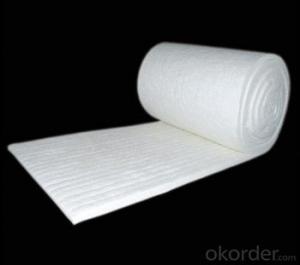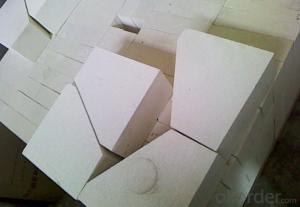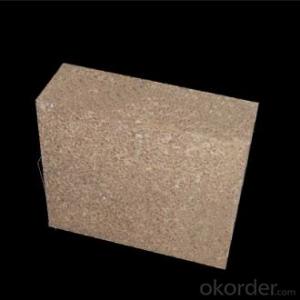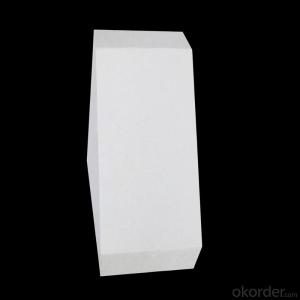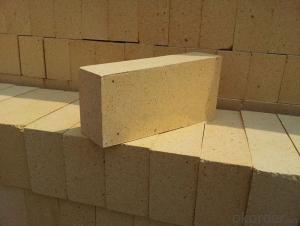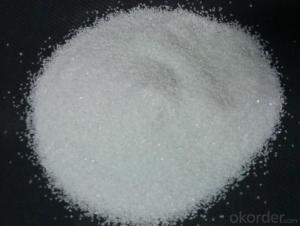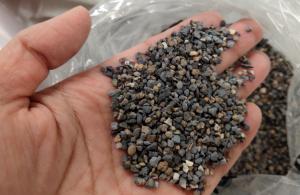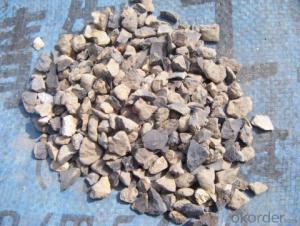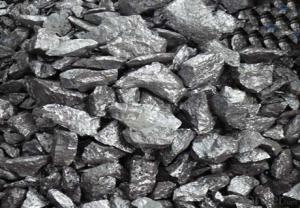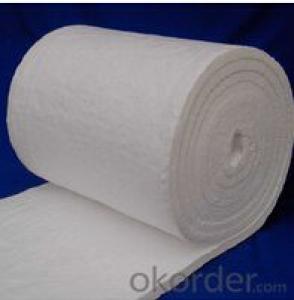All Categories
- - Steel Wire Rod
- - Steel Coils
- - Steel Profiles
- - Steel Pipes
- - Stainless Steel
- - Tinplate
- - Special Steel
- - Steel Sheets
- - Steel Rebars
- - Steel Strips
- - Hot Rolled Steel
- - Cold Rolled Steel
- - Pre-painted Steel
- - Seamless Steel Pipe
- - Welded Steel Pipe
- - Hollow Steel Tubes
- - Galvanized Pipe
- - Stainless Steel Coil
- - Stainless Steel Sheet
- - Stainless Steel Plate
- - Stainless Steel Strips
- - Electrolytic Tinplate Coil
- - Electrolytic Tinplate Sheet
- - Stainless Steel Rebars
- - Solar Panels
- - Solar Water Heater
- - Solar Related Products
- - Solar Inverter
- - Solar Cells
- - Solar Light
- - Solar Energy Systems
- - Solar Controllers
- - Solar Mounting System
- - Solar Pump
- - Solar Chargers
- - Fiberglass Chopped Strand
- - Fiberglass Mesh Cloth
- - Composite Pipes
- - FRP Pultrusion Profiles
- - Fiberglass Mat Tissue
- - Fiberglass Fabrics
- - Fiberglass Mesh
- - Composite Tank
- - Fiberglass Mesh tape
- - Polymer
- - FRP Roofing Panel
- - Fiberglass Roving
- - Monolithic Refractories
- - Ceramic Fiber Products
- - Refractory Bricks
- - Raw Materials For Refractory
- - Suspended Platform
- - Cranes
- - Concrete Machinery
- - Earthmoving Machinery
- - Building Hoist
- - Road Building Machinery
- - Plastic Pipe Fittings
- - Plastic Tubes
- - Plastic Sheets
- - Agricultural Plastic Products
- - Plastic Nets
Monolithic RefractoriesView More
Ceramic Fiber ProductsView More
Refractory BricksView More
Raw Materials For RefractoryView More
Q & A
What is the bulk density of refractory materials?
The bulk density of refractory materials refers to the mass of a unit volume of the material, including both its solid particles and any void spaces present.
What are the refractory materials used in the steel industry?
Refractory materials commonly used in the steel industry include magnesia, alumina, silica, and carbon-based materials. These materials have high melting points, excellent thermal insulation properties, and resistance to chemical reactions, making them suitable for lining furnaces, ladles, and other high-temperature equipment used in steel production.
What are the different types of refractory plastics for high-temperature applications?
There are several types of refractory plastics used for high-temperature applications, including silicone-based, phenolic-based, epoxy-based, and ceramic-filled plastics.
How are monolithic refractories applied?
Monolithic refractories are applied by mixing the refractory material with water or a specific binder to form a wet mixture, which is then poured or gunned into place. The wet mixture is shaped and compacted to achieve the desired lining structure. After application, the monolithic refractory is dried and cured to develop its strength and stability.
Wholesale Refractory Materials from supplier in Kazakhstan
We are a Refractory Materials supplier serving the Kazakhstan, mainly engaged in the sale, quotation, and technical support services of various Refractory Materials products in the Kazakhstan region. We are a subsidiary platform of the Fortune Global 500 company CNBM, able to provide you with one-stop Refractory Materials procurement services in the Kazakhstan. Not only do we have a wide range of Refractory Materials products, but after years of market development in the Kazakhstan, we can also provide valuable experience for your projects.
Hot Search
- Monolithic Refractories in Palau
- Ceramic Fiber Products in Mozambique
- Refractory Bricks in Botswana
- Raw Materials For Refractory in Papua New Guinea
- Refractory Bricks in Gabon
- Raw Materials For Refractory in Kazakhstan
- Refractory Bricks in Russia
- Refractory Bricks in Palestine
- Refractory Bricks in Norway
- Raw Materials For Refractory in United Arab Emirates
